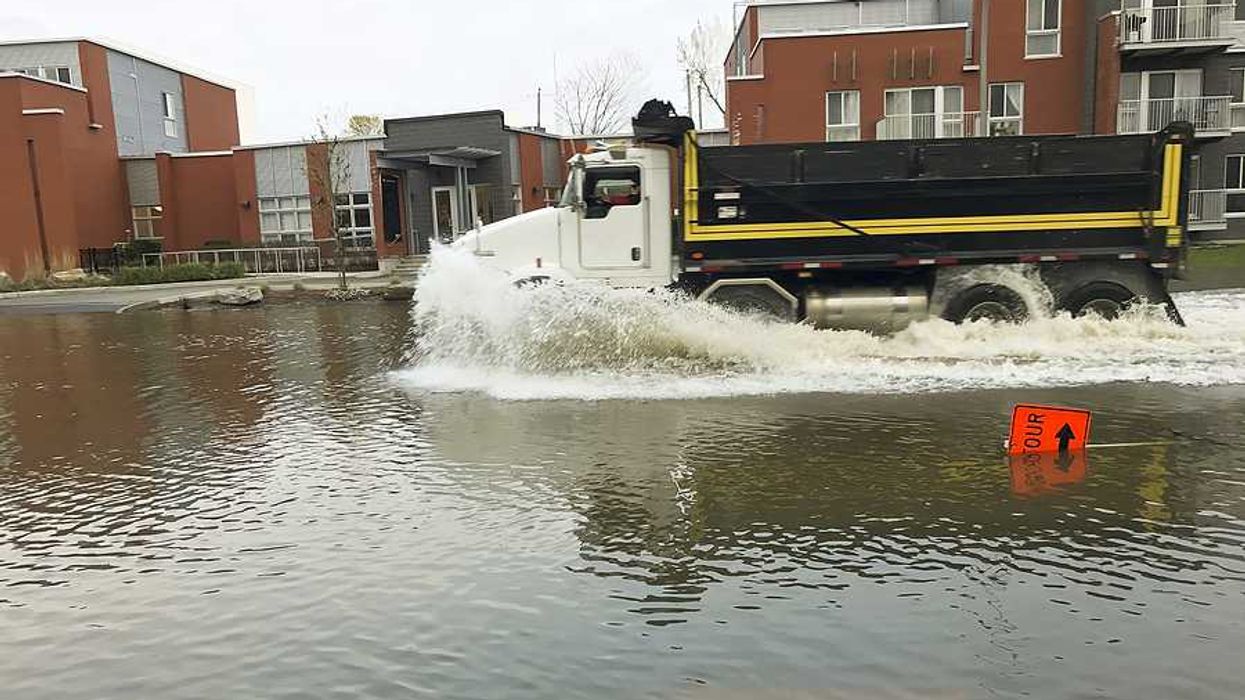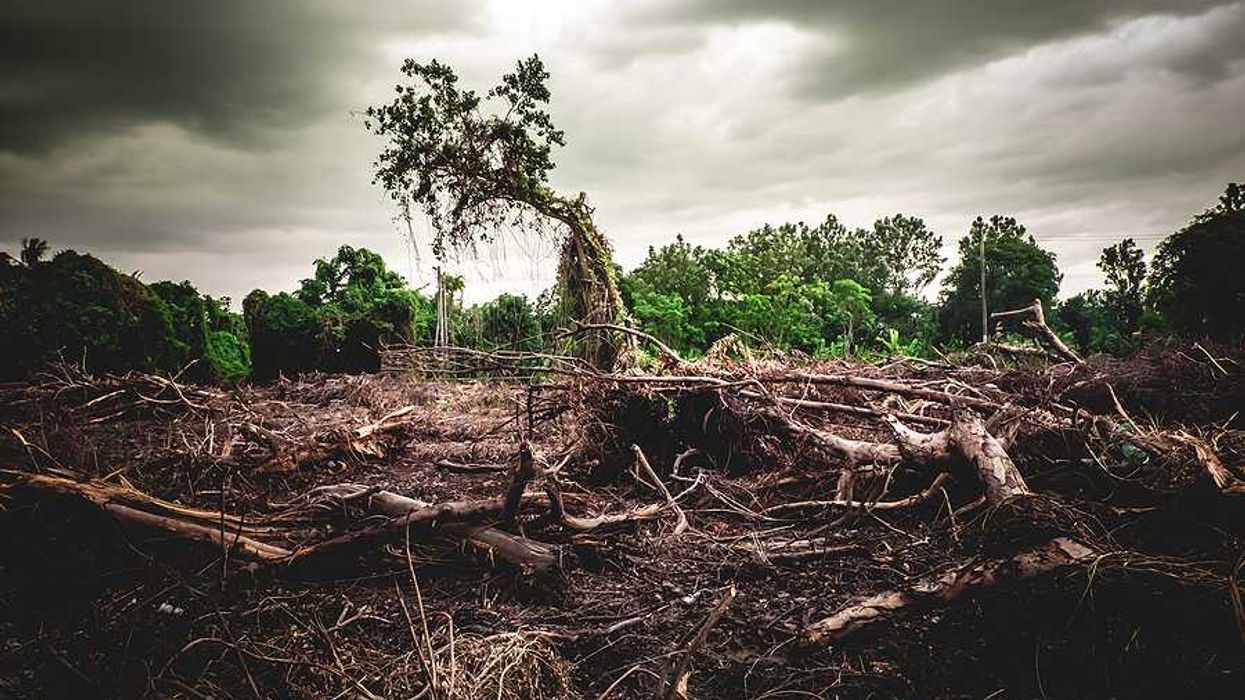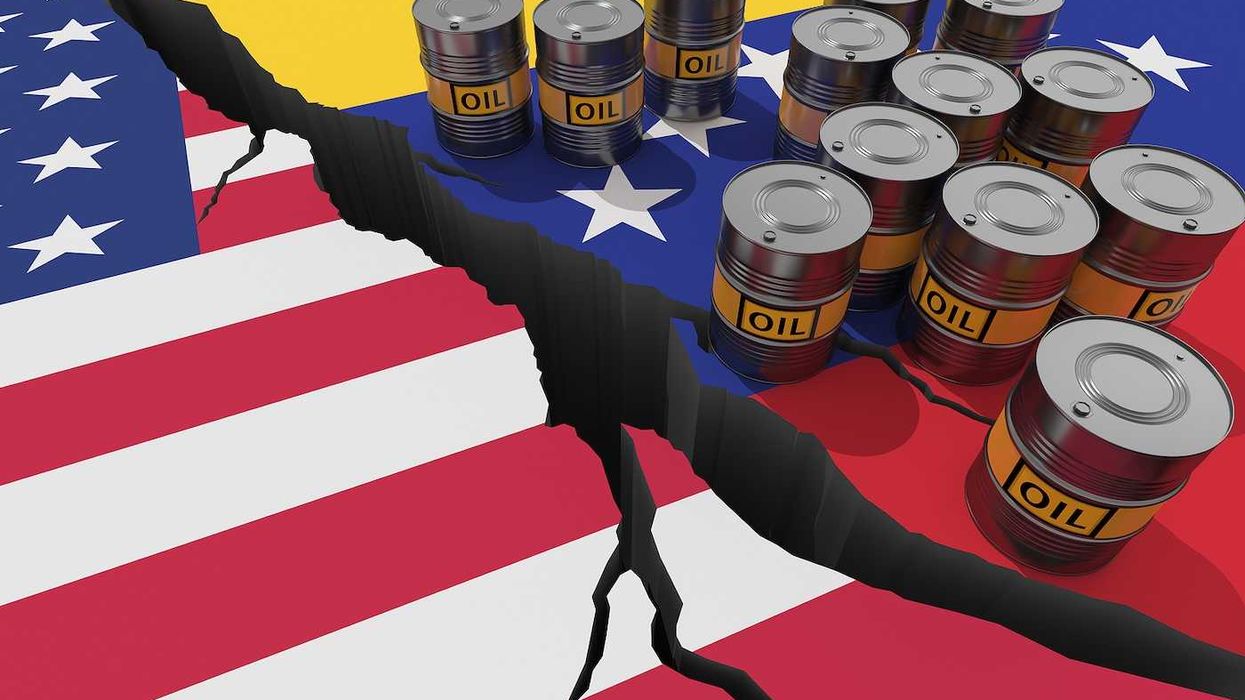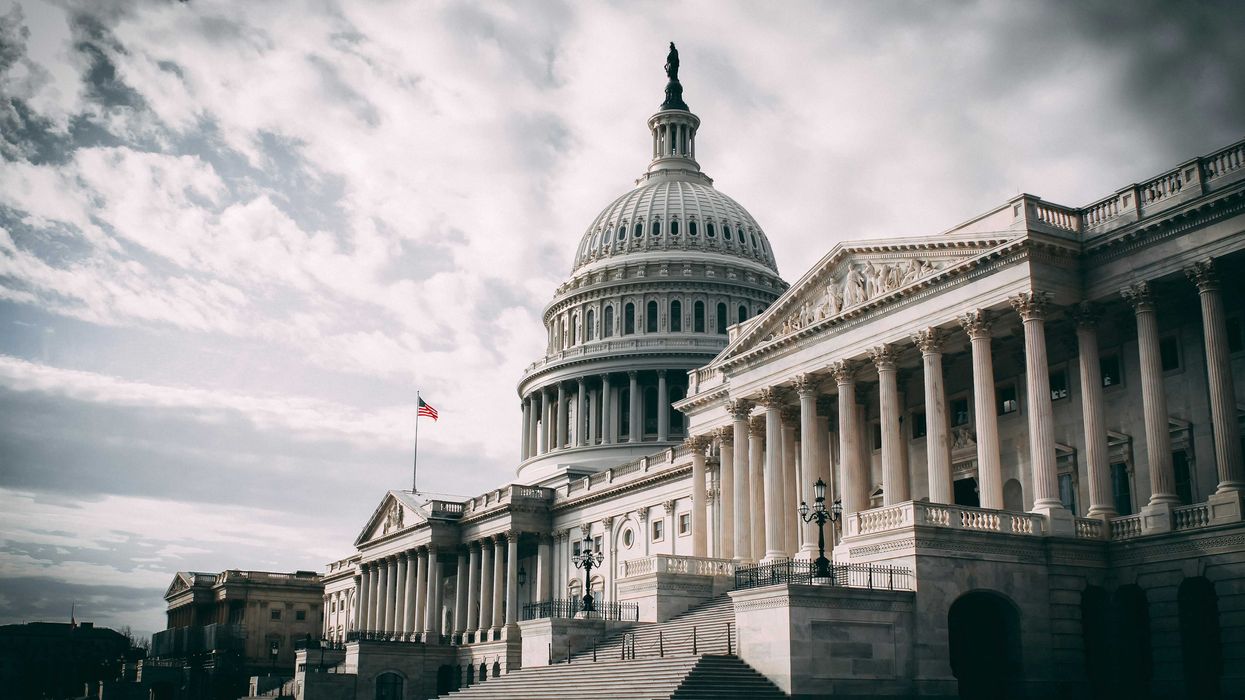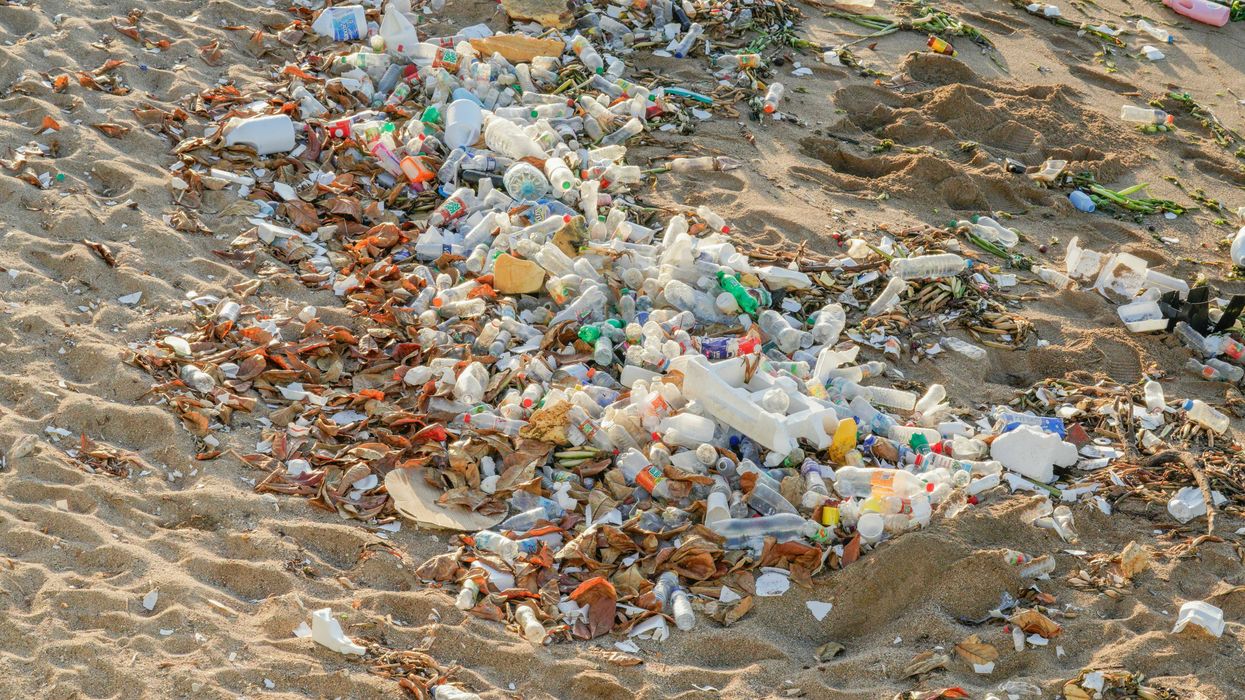The British Columbia government’s push to fast-track energy and resource projects to counter potential U.S. tariffs is drawing criticism from First Nation leaders and environmental groups, who say the plan lacks clarity and could undermine Indigenous rights.
Shannon Waters reports for The Narwhal.
In short:
- B.C. announced plans to expedite 18 energy and mining projects, including nine wind projects exempt from environmental assessments and a $3-billion transmission line supporting LNG and mining.
- First Nations leaders argue the plan overlooks Indigenous consultation and rights, with the Tahltan Nation criticizing the fast-tracking of two mines on its territory without prior consent.
- Legal experts warn that bypassing consultation could lead to court challenges, as past rulings have affirmed the province’s duty to uphold Indigenous rights under the constitution.
Key quote:
“The duty of the province is to assess the potential infringement of any activity or development that’s going forward that might have an impact on Aboriginal and Treaty Rights, and then to work out a process by which they are consulting and accommodating those interests. It’s unclear to me how you could possibly expedite that constitutionally mandated process.”
— Deborah Curran, executive director of the Environmental Law Center at the University of Victoria
Why this matters:
B.C.'s effort to streamline project approvals reflects tensions between economic priorities and Indigenous rights. The province's plan to sidestep environmental reviews for wind projects and fast-track mining developments has sparked fears that consultation obligations could be ignored. Past legal battles have shown that failing to properly engage First Nations can lead to lengthy court disputes, delaying projects rather than speeding them up. The stakes are high, as these developments could significantly impact land, water, and ecosystems while testing Canada’s commitment to reconciliation.
Related: Opposition builds as northern British Columbia pipeline construction begins


